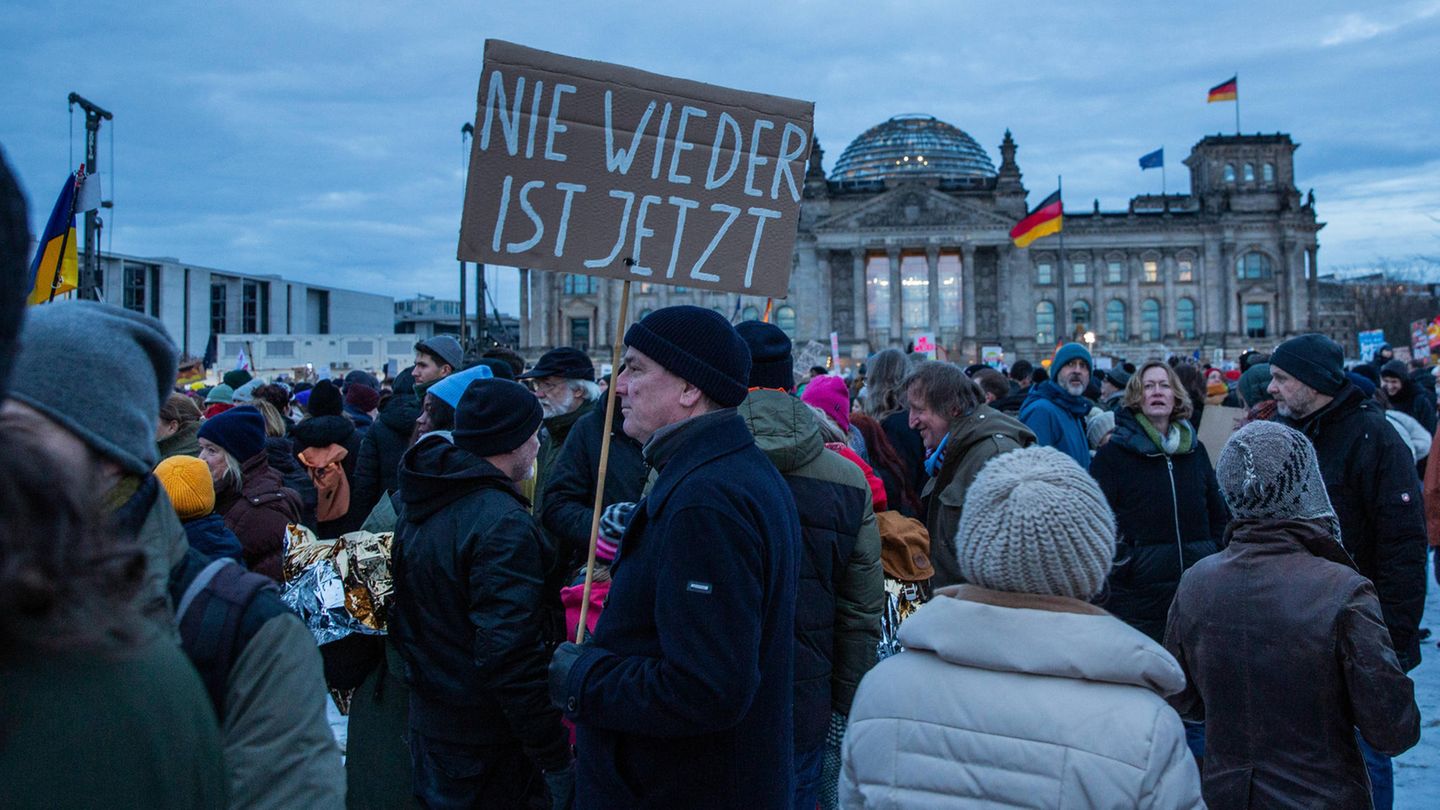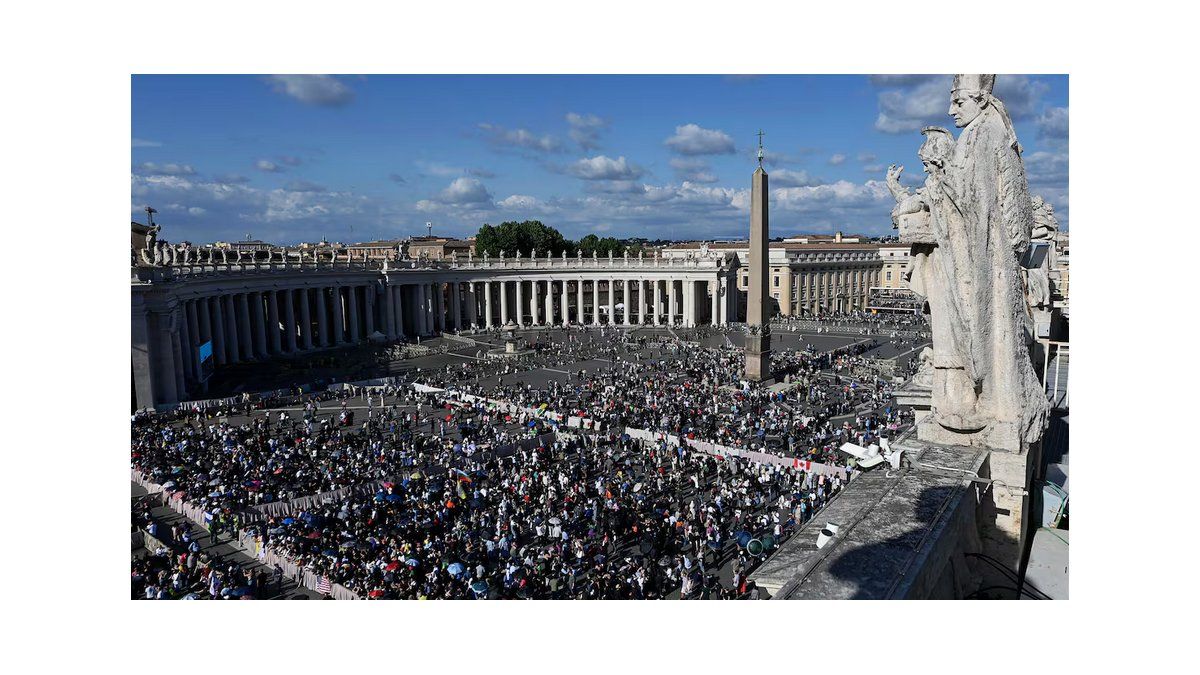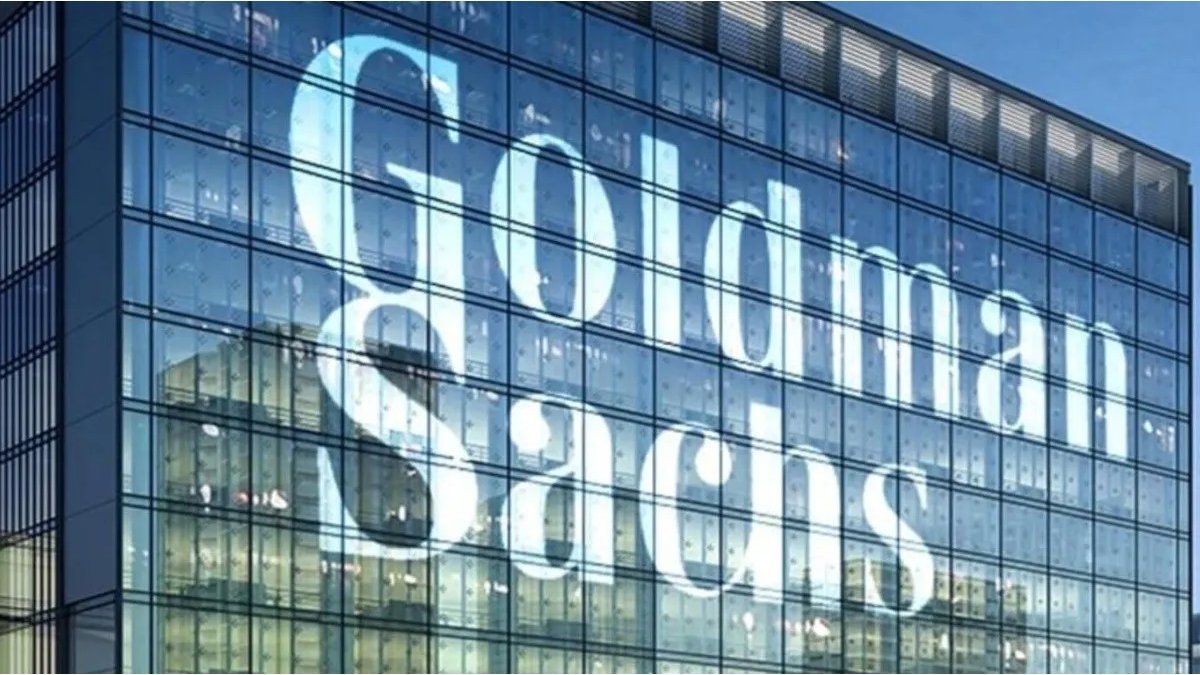column
The demonstrations against the AfD are very popular. But the power to mobilize is limited. Nevertheless, democracy can benefit.
Who would have thought? The number of participants in the demonstrations against right-wing extremism and the AfD exceeded all expectations. At the first rally in Berlin on January 14th, the organizers were astonished when the square in front of the Brandenburg Gate had to be cordoned off due to the threat of overcrowding. Just a week later, people flooded the entire government district. The rallies in Hamburg and Munich had to be stopped because there were too many people, and tens of thousands also took to the streets in other cities.
In addition to the reports about a meeting of right-wing extremists in Potsdam, many people are motivated by a fundamental feeling that goes further. The rise of the AfD, the uncertain outcome of the war in Ukraine, the unpredictability of Vladimir Putin, the war in the Middle East, the possible election victory of Donald Trump – all kinds of trouble have accumulated. Not only since Corona has people often been left alone. The sense of community of the demos now provides relief through the realization: Many others are like me.
One should not underestimate this effect on personal mental hygiene. It has a mood-enhancing effect, which the country desperately needs. But the enthusiasm of the moment also has its limits. It is not expected that the demonstrations will have a major impact on the right-wing extremist party and its sympathizers. The dynamics of the AfD’s recent rise are fueled by the fact that the hurdle of unsavoryness has fallen. Sympathy for the AfD is no longer expressed in secret, but rather openly. In some milieus, this has created a new feeling of togetherness, which is likely to be strengthened by the demonstrations of their opponents.
In the end, the AfD must be fought in the political arena
If one wants to see a new citizens’ movement behind the demonstrations, their continuity is far more uncertain than those against whom they are directed. Mobilizing for a good cause is much more strenuous than venting your frustration about the situation on social media and only leaving the sofa on election day to vote for the AfD.
The sense of community among those who are now taking to the streets will ebb as it becomes clearer that people are united in what they reject, but not in what they want to achieve. These differences begin with the question of a ban on the AfD, which some absolutely want, others absolutely not. And they don’t stop there.
Because of Potsdam’s remigration fantasies, immigration policy plays a dominant role in the rallies. In some speeches, criticism is directed not only against the AfD, but also against the politics of the traffic light coalition. This is legitimate, but it overlooks the fact that every other currently realistic majority would be expected to have an even less liberal immigration policy.
Despite all the enthusiasm about the commonality of the moment: democracy does not serve the purpose of personal happiness. It’s hard work. The demos would therefore have the greatest desirable effect if the repoliticization of the society of which they are an expression resulted in a new commitment to democracy in their committees. Because in the end it is the political arena in which the AfD must be fought. Both the government and the opposition, which have failed so far, can use any help.
Source: Stern
I have been working in the news industry for over 6 years, first as a reporter and now as an editor. I have covered politics extensively, and my work has appeared in major newspapers and online news outlets around the world. In addition to my writing, I also contribute regularly to 24 Hours World.




